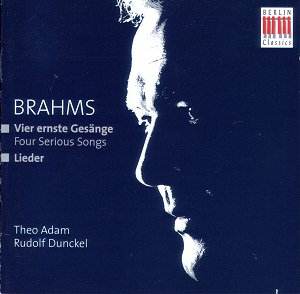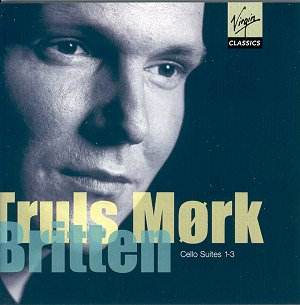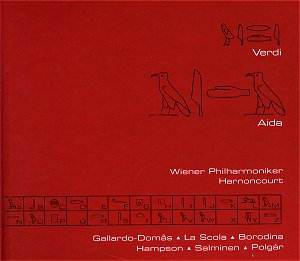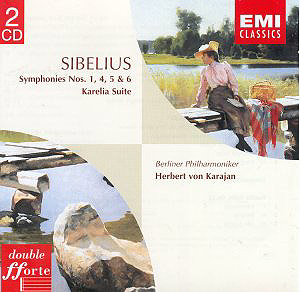 Composer: Johannes Brahms
Composer: Johannes Brahms
Works: Lieder: Vier Ernste Gesänge, Der Tod, das ist die kühle Nacht, Auf dem kirchhofe, Nicht mehr zu dir, Schön wahr, Botschaft, Sonntag, O Liebliche wangen, O wüsst ich doch, Sapphisches Ode, Wie bist du Heimkehr, Tambourliedchen, Salamander, Unüberwindlich, Erinnerung, Klage, In der gasse
Performers: Theo Adam (bass-baritone), Rudolf Dunckel (piano)
Recording: 1974, reissued 2002
Label: Berlin Classics 0094582BC
Johannes Brahms, a titan of the Romantic repertoire, imbued his Lieder with a profound emotional depth and a complex interplay of text and music. The collection performed by Theo Adam and pianist Rudolf Dunckel offers a window into Brahms’ intricately woven lyrical world, particularly highlighting the ‘Vier Ernste Gesänge,’ compositions that grapple with themes of mortality and existential reflection. This compilation, originally recorded in 1974 and reissued in 2002, stands as a testament to Adam’s vocal prowess, even as it invites comparison with some of the more contemporary exponents of the genre.
Theo Adam, primarily celebrated for his Wagnerian roles, showcases his versatility in the realm of Lieder. His voice, characterized by its clear, resonant timbre, serves the text with commendable diction. However, while his interpretation of ‘Der Tod, das ist die kühle Nacht’ is marked by a sonorous low note at ‘Tag,’ it is somewhat lacking in the necessary emotional nuance that distinguishes the great performances of this piece. The word ‘müde’ is delivered with a certain restraint that, while technically sound, misses the opportunity for a more poignant expression of fatigue and longing. This emotional gap becomes more pronounced in ‘Nicht mehr zu dir zu gehen,’ where Adam’s solid phrasing fails to capture the obsessive yearning that Matthias Goerne, for example, brings to the work. His reading, while commendable, does not resonate with the same intensity as that of his competitors.
Dunckel’s piano accompaniment is marked by both sensitivity and vivacity, particularly evident in the lively ‘Sonntag,’ where his interplay with Adam delivers a delightful folk-like quality. The pianist’s ability to evoke the dance-based style of Brahms’ writing complements Adam’s vocal color beautifully, creating moments of genuine musical camaraderie. A particular highlight is the phrase ‘tausend schöne jungfraülein,’ which Adam caresses with an affectionate ease that invites repeated listenings. Yet, as the performance unfolds, one cannot help but feel that the emotional range explored by Adam, while substantial, does not quite reach the heights achieved by artists like Thomas Quasthoff, whose interpretations are marked by a darker, more obsessive quality.
The ‘Vier Ernste Gesänge’ emerge as the centerpiece of this recording, bearing the weight of Brahms’ introspective exploration of life and death. Adam’s performance here is commendable, achieving a degree of stature amidst the pantheon of fine interpretations. However, the haunting beauty of ‘O Tod, wie bitter bist du’ benefits from Adam’s slow, sustained legato, though it does not quite encapsulate the searing drama found in the performances of Fischer-Dieskau or Quasthoff. The contrast between the swagger of ‘Wenn ich mit Menschen…’ and its dramatic denouement is well articulated, yet lacks the visceral impact of interpretations that lean into the emotional extremes of Brahms’ music.
Sound quality in this reissue is notably clear, with a sense of space that allows both voice and piano to inhabit the sonic landscape without interference. Yet, the absence of provided texts detracts slightly from the listener’s ability to fully engage with the lyrical content, which is essential in Lieder performance.
Theo Adam’s contribution to Brahms’ Lieder, while not without its limitations, is nonetheless a significant addition to the recorded legacy. This performance offers a solid interpretation enriched by Dunckel’s adept pianism, presenting a version that, while perhaps not the definitive one, remains a worthy exploration of Brahms’ complex emotional terrain. Adam’s voice, characterized by warmth and clarity, deserves recognition in this repertoire, making this recording an appealing option for those seeking a more traditional approach to Brahms’ Lieder.



